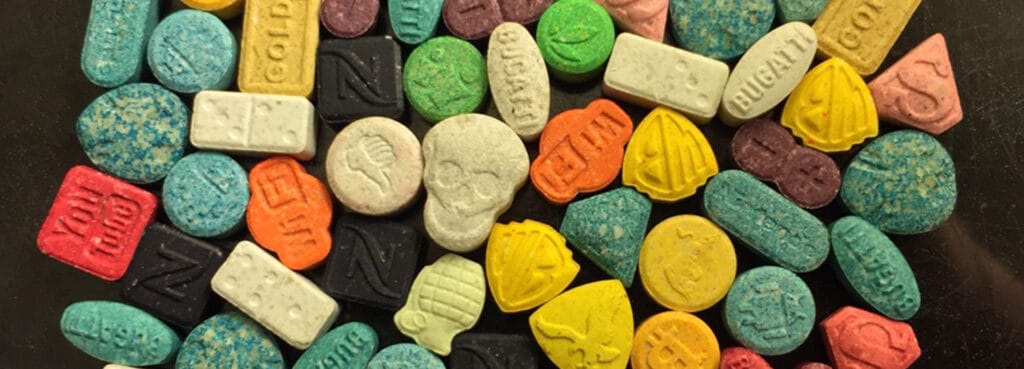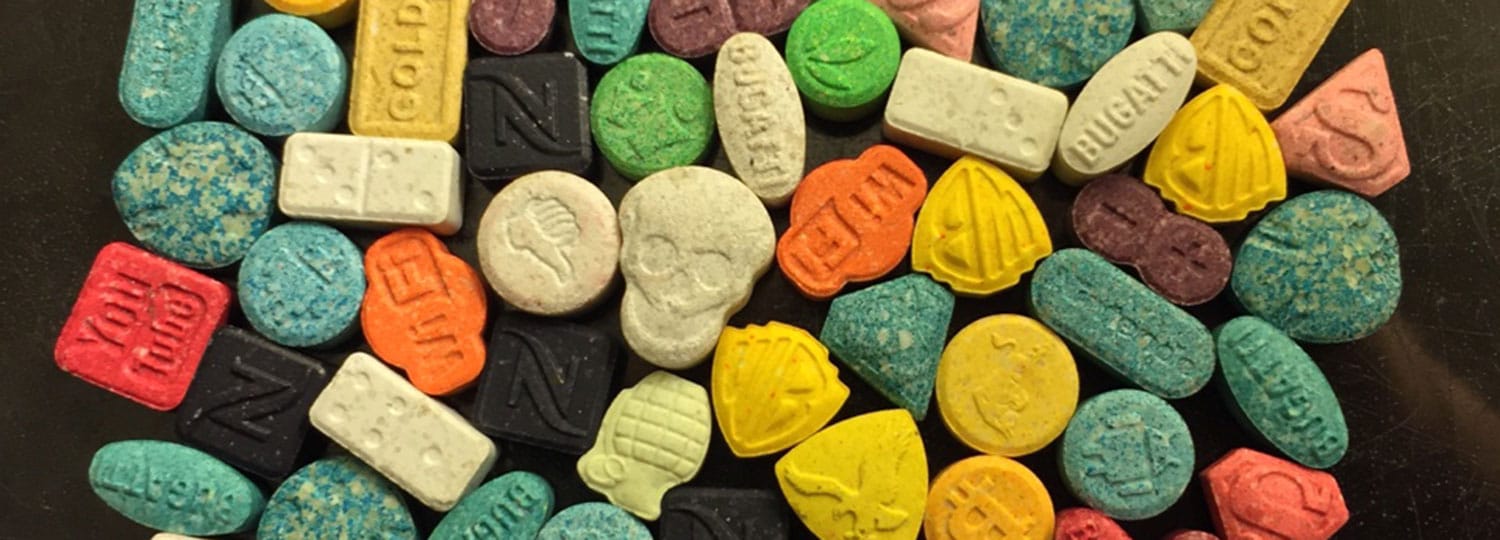Table of Contents
Introduction
In recent times, the use of dancing pills (also called “party pills”) has become increasingly common in Pakistan’s nightlife and party scenes. These pills, often containing stimulants or psychoactive substances, promise enhanced energy, mood elevation, and endurance during social events. However, their rising usage has raised serious concerns about health, safety, and legality. This article explores the current trends in dancing pills usage in Pakistan in 2025, the health risks, legal actions, and what should be done to counter the growing problem.
What Are Dancing Pills?
Dancing pills refer to stimulant-based drugs often taken to enhance energy, euphoria, and endurance during parties. They may contain:
- MDMA (ecstasy)
- Amphetamines
- Synthetic caffeine
- Other psychoactive substances

The biggest risk? Their exact contents are usually unknown or unregulated, making them dangerous and unpredictable.
Current Trends in Pakistan
- Rising Youth Involvement:
Young people in urban areas are increasingly using these pills in underground parties or private gatherings. - Online Availability:
Many pills are easily available via social media, messaging apps, and unregulated online platforms. - Law Enforcement Actions:
Several arrests have been made, including in Lahore and Abbottabad, where police confiscated pills and synthetic drugs like ice.
Reasons Behind the Rise
Several factors contribute to the rising use of dancing pills in Pakistan:
- Peer Pressure & Social Trends:
In party environments, many feel pressured to try substances to fit in or enhance enjoyment. - Lack of Awareness:
Most users are unaware of what these pills actually contain or the long-term damage they can cause. - Easy Access:
Pills are often sold discreetly at events or through social media dealers, with little to no regulation. - Perceived Harmlessness:
Since they’re often labeled as “energy boosters” or “herbal supplements,” many believe they’re safe.
Health Risks of Dancing Pills
The short-term and long-term health risks of dancing pills are severe and sometimes fatal:
- Increased heart rate and blood pressure
- Dehydration and overheating
- Sleep disorders and anxiety
- Addiction
- Long-term cognitive damage
- Sudden death in rare cases (due to overdose or reaction)
Legal Status in Pakistan
Pakistan’s Anti-Narcotics Force (ANF) classifies substances like MDMA and amphetamines under controlled drugs.
- Possession & distribution can lead to imprisonment, heavy fines, or both.
- Police have intensified crackdowns in major cities.
- Importing such substances, even unintentionally, is a criminal offense.
- Support recovery: Don’t shame — help.
- Report sellers: Protect others by stopping distribution.
Together, we can ensure a safer and healthier future for our youth.
Role of Parents, Schools, and Society
To curb the increasing use of dancing pills, a united effort is needed:
- Parental Guidance
- Open conversations about drug risks
- Monitoring behavior and social circles
- Encouraging healthy recreational activities
- Schools & Colleges
- Organize awareness seminars and health talks
- Provide student counseling
- Introduce anonymous reporting systems
- Religious & Community Leaders
- Use their influence to promote drug-free lifestyles
- Engage youth in positive community events
How to Identify Abuse
Signs someone may be using dancing pills:
- Sudden changes in mood or energy
- Dilated pupils and sweating without activity
- Avoidance of family or responsibilities
- Unusual sleeping patterns
- Frequent partying or secretive behavior
Early identification can save lives. If someone is showing these signs, approach with care and seek professional help.
What Should Be Done?
The rise of dancing pills in Pakistan is a growing public health concern. While the issue is complex, awareness, education, and regulation are the keys to tackling it.
